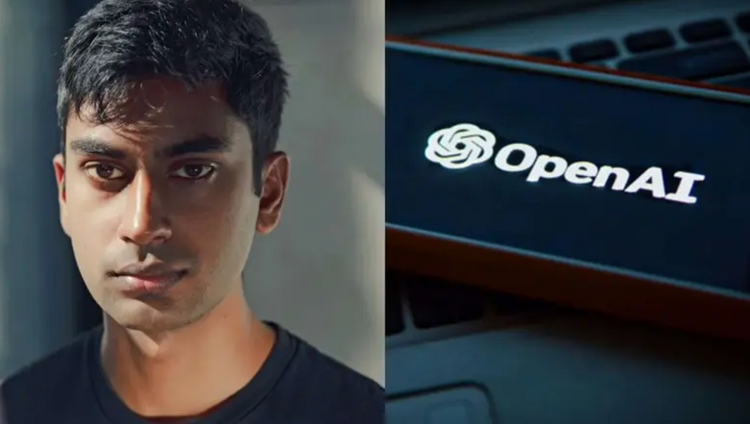OpenAI Whistleblower Commits Suicide in San Francisco Apartment ...

The tech world has been shaken by the tragic death of 26-year-old Suchir Balaji, a former OpenAI researcher who gained prominence for whistleblowing against the company's practices. Found in his San Francisco apartment on 26 November, Balaji's death has been ruled a suicide by the city's medical examiner, with no evidence of foul play.
This heartbreaking event has drawn renewed attention to Balaji's outspoken criticism of artificial intelligence (AI) and its ethical dilemmas.
A Promising Career Cut ShortBalaji, a computer science graduate from the University of California, Berkeley, grew up in Cupertino, California. He joined OpenAI in 2019, contributing significantly to the development of ChatGPT during his nearly four-year tenure. However, he left the company in August, citing concerns over the ethical and legal implications of generative AI technology.
In an interview with the New York Times in October, Balaji alleged that OpenAI's use of copyrighted data to train ChatGPT violated US copyright laws. He warned that such practices were damaging the internet and raised broader ethical concerns about the unchecked growth of AI. Balaji revealed how his deepening understanding of copyright laws prompted him to speak out against the company.
Critic of AI's Legal Grey AreasBalaji's whistleblowing placed him at the centre of a fierce debate over the legality of generative AI. In posts on X (formerly Twitter), he expressed doubts about the "fair use" defence employed by companies like OpenAI. He argued that generative AI products like ChatGPT, which create outputs based on massive datasets, effectively compete with the original data they are trained on.
Balaji's concerns mirrored the grievances of authors and media organisations who have filed lawsuits against OpenAI. According to the Economic Times, Balaji accused OpenAI of profiting from the intellectual property of others, calling the "fair use" defence implausible in many cases.
Circumstances Surrounding His DeathBalaji was discovered in his Buchanan Street apartment during a welfare check requested by concerned friends. The San Francisco Police Department confirmed there was no evidence of foul play, and the death has been classified as suicide.
This tragic loss has left the AI and tech communities in mourning. OpenAI expressed its condolences in a statement saying, "We are devastated to learn of this incredibly sad news today, and our hearts go out to Suchir's loved ones during this difficult time."
The San Francisco medical examiner has since notified Balaji's family, who are grappling with the devastating loss.
The Fallout of His DepartureBalaji's departure from OpenAI marked a turning point in his life. As he disclosed in his New York Times interview, he resigned after concluding that generative AI was more harmful than beneficial. He was particularly concerned about the company's alleged misuse of copyrighted materials and its impact on internet integrity.
Since leaving OpenAI, Balaji had been working on personal projects while continuing to advocate for greater accountability in AI development. His critiques came as OpenAI and its partner Microsoft faced lawsuits from media outlets and authors, including John Grisham, accusing the company of unlawfully using copyrighted materials for AI training. OpenAI has defended its practices, claiming compliance with "fair use" principles.
Balaji's death highlights the immense pressures faced by whistleblowers, especially in the fast-paced and high-stakes tech industry. As a researcher, he was instrumental in advancing OpenAI's technologies. However, his critiques revealed the darker side of AI development, exposing ethical and legal challenges that remain unresolved.











































